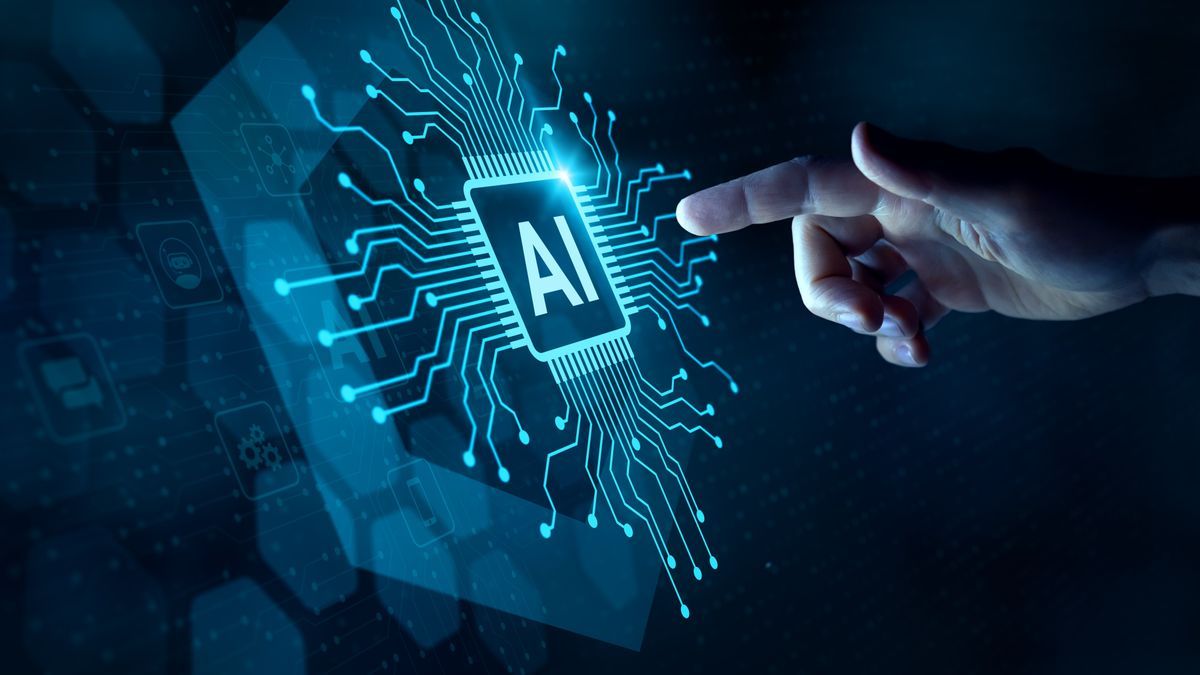New research from Gartner has stated that around a third (30%) of generative AI projects will be abandoned by 2025.
The company predicted that such projects will be scrapped after the proof-of-concept phase due to challenges such as poor data quality, inadequate risk management, rising costs and unclear business value.
Gartner's research also indicates that it could take time for companies to see tangible returns on their AI investments, which could be fueling waning interest in the projects.
GenAI projects are abandoned too soon
Leading analyst Rita Sallam highlighted growing impatience among executives: “After last year’s hype, executives are eager to see a return on GenAI investments, but organizations are struggling to demonstrate and realize value. As the scope of initiatives expands, the financial burden of developing and deploying GenAI models is increasingly felt.”
One of the most significant hurdles organizations face is justifying the substantial investment in GenAI to realize productivity gains, which can be difficult to translate into financial benefits.
GenAI implementations also tend to have high costs, ranging from $5 million to $20 million. Sallam commented on the variability across organizations, citing different goals and industries: “There is no one-size-fits-all solution for GenAI, and costs are not as predictable as with other technologies.”
Despite the significant challenges, early adopters are already reporting many benefits. According to data collected by Gartner between September and November 2023, respondents reported an average revenue increase of 15.8%, cost savings of 15.2%, and productivity improvement of 22.6%.
However, with “everyday AI” still two years away, real productivity gains are far from being realized and initial concerns that AI could replace human workers appear less likely, according to the researchers.









